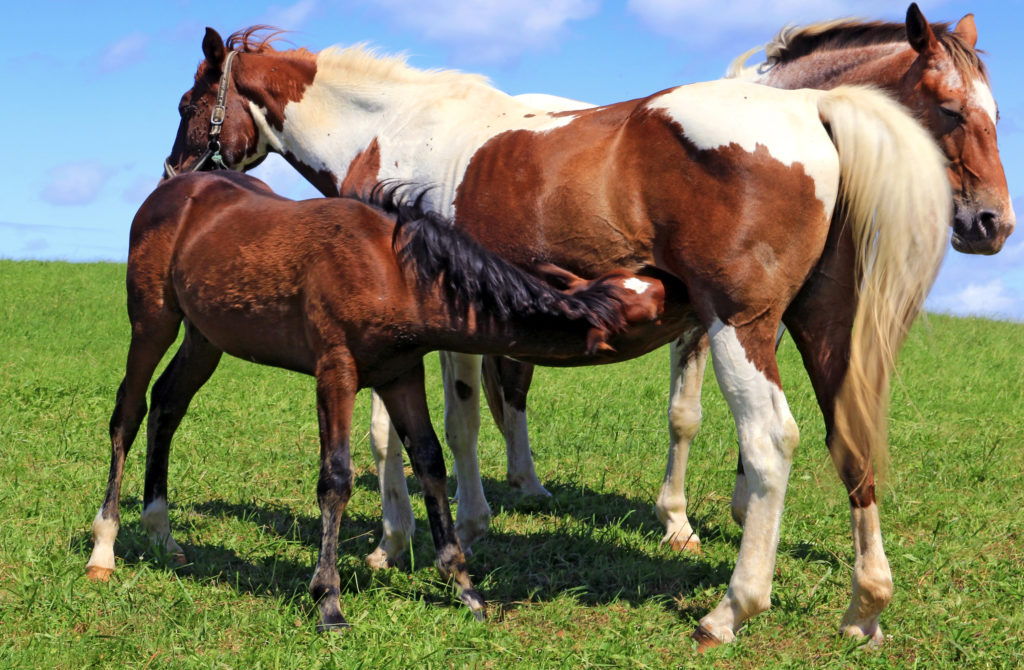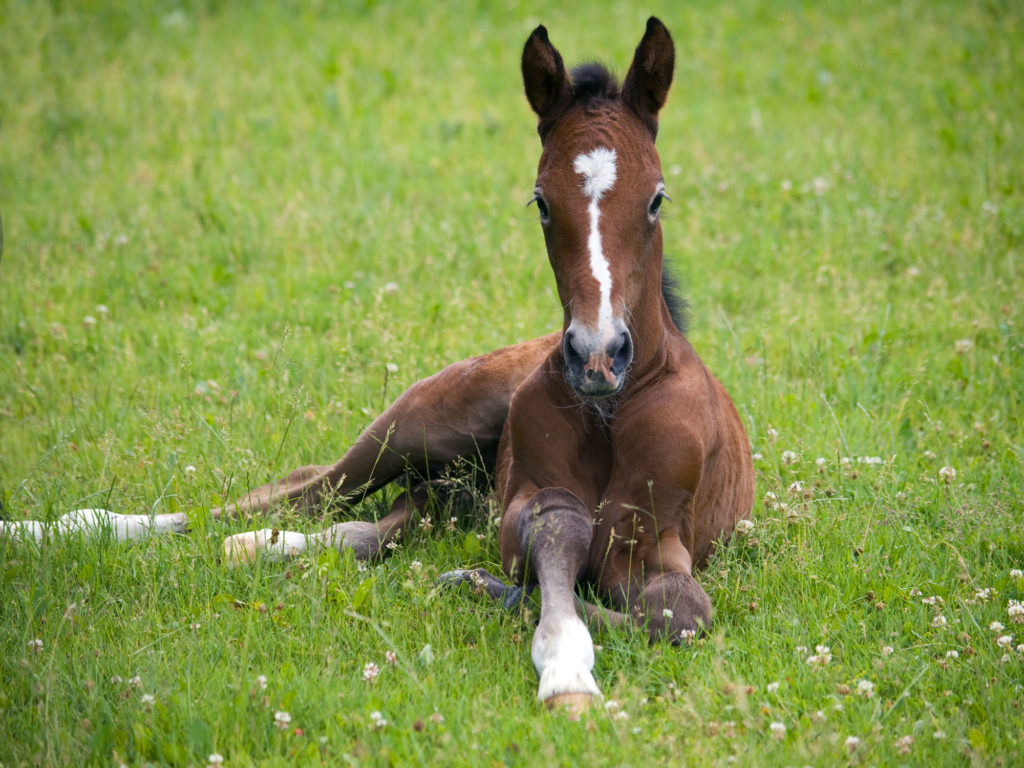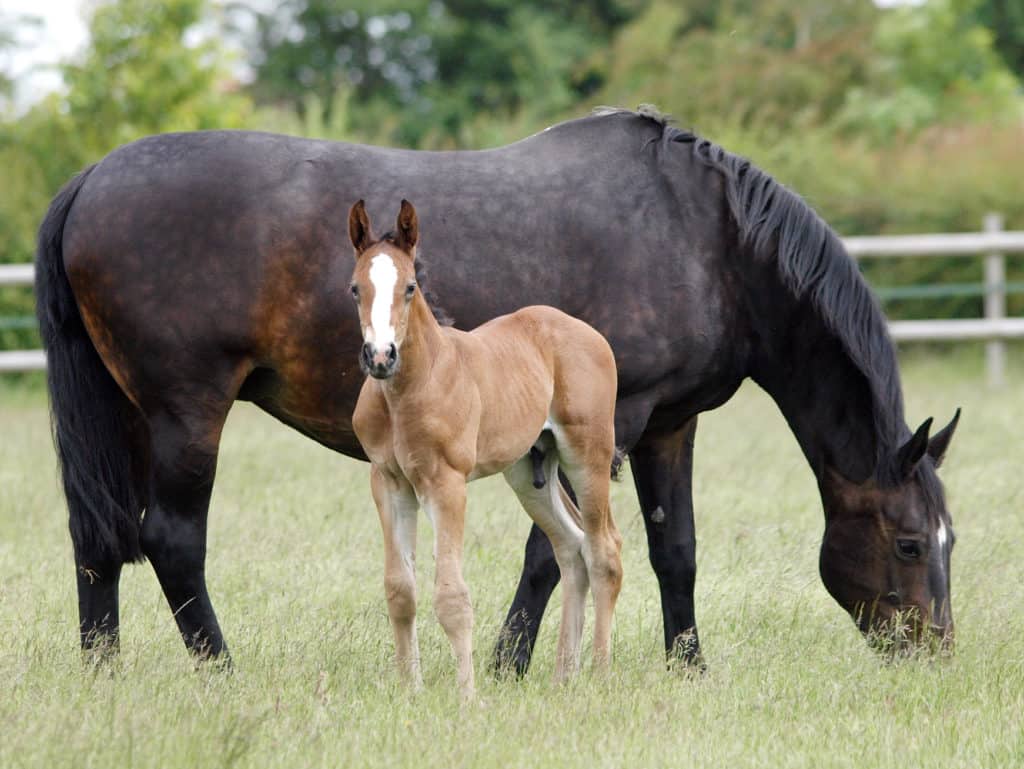
Study: Arabian DNA Reveals Diversity, Other Breed Influences
Some of the Arabians in a far-reaching genomic study had as much as 62% of their DNA coming from Thoroughbreds.

Some of the Arabians in a far-reaching genomic study had as much as 62% of their DNA coming from Thoroughbreds.

Does your horse have thin soles? Here’s how to manage his feet to help keep him sound.

What would be the best plan for handling a foal whose dam is being covered by a stallion?

One researcher describes what we know about the receiving mare’s effect on the foal in embryo transfer scenarios.

How to feed, house, and even exercise your mommy-to-be.

How can you collect colostrum and save it for future use, and how long can you keep it? A veterinarian weighs in.

Dwarfism in horses causes major health challenges, leading to a heightened risk of functional handicaps, nutritional disorders, chronic pain, and serious welfare concerns.

Two leading genetics researchers described current and upcoming tests for a variety of heritable equine conditions.

Dr. Regina Turner shared her favorite breeding-related studies on topics ranging from foaling prediction to estrus suppression.

University of Minnesota College of Veterinary Medicine researchers have launched a study investigating the genetic and management factors influencing muscle disease in horses. Find out how to get involved.

German researchers found foals can spontaneously correct their own overjets (parrot mouth) within a year. However, they also found that foals born without overjets can develop them within the first few months of life.

The National Museum of Racing and Hall of Fame’s livestream follows the daily activities of pregnant mares and the births of their foals.

Owners and veterinarians involved with two small-scale horse breeding operations share their secrets to success.

With the national horse population trending down, the abundance of options available to horse buyers has left some rare breeds teetering on the edge of catastrophic loss.

Researchers found that the WFFS gene occurs as frequently in Brazil as it does in the U.S. and Germany, and breeders and vets might need to consider the gene in breeding programs with mares that have increased pregnancy losses.

Use these disease prevention strategies to protect your horse on the farm, at the horse show, and in the breeding shed.
Stay on top of the most recent Horse Health news with
"*" indicates required fields